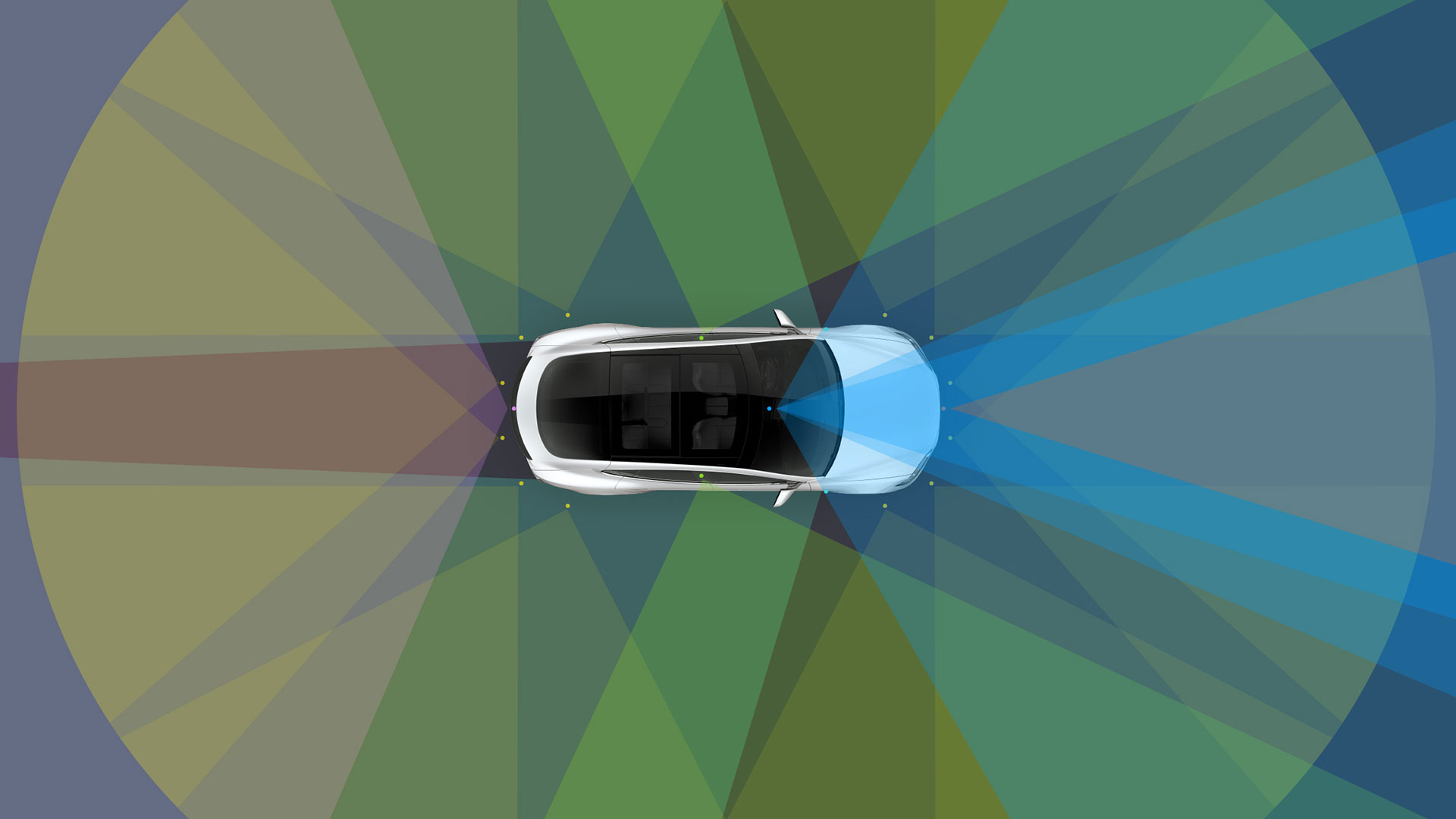

A case has been filed in a San Jose, California federal court accusing Tesla’s “dangerously defective” Autopilot technology of not working as advertised. It’s a class action case that covers 47,000 Teslas sold between October 2016 and March 2017 that have the second generation of Tesla’s semi-autonomous Autopilot software.
The key word here is “semi-autonomous.” As good as Tesla is at marketing, calling its semi-autonomous bag of treats “Autopilot” may have been a huge mistake. Many people hear “Autopilot” and assume that means the car can drive all by itself.
In this new case of Sheikh v. Tesla Inc., the claim states that Model S and Model X drivers have “become beta testers of half-baked software that renders Tesla vehicles dangerous,” going on to say the Autopilot-enabled Teslas experience “lurching, slamming on the brakes for no reason, and failing to slow or stop when approaching other vehicles.”
Tesla responded with a reminder that it has never claimed Autopilot means fully-autonomous driving. It said in a statement that the suit “misrepresents many facts” and that the claims made in this suit are “exactly the kind of misinformation that threatens to harm consumer safety.”
Sheikh v. Tesla Inc. joins South Korean celebrity Ji Chang Son’s pending case against Tesla in Los Angeles federal court. Ji Chang Son claimed his Model X spontaneously accelerated through the wall of his garage, with Tesla claiming the data shows he manually pressed the accelerator to 100 percent.
We’ll see how this shakes out, but this author think it’s time for Tesla to reconsider the name “Autopilot” until it’s fully autonomous.